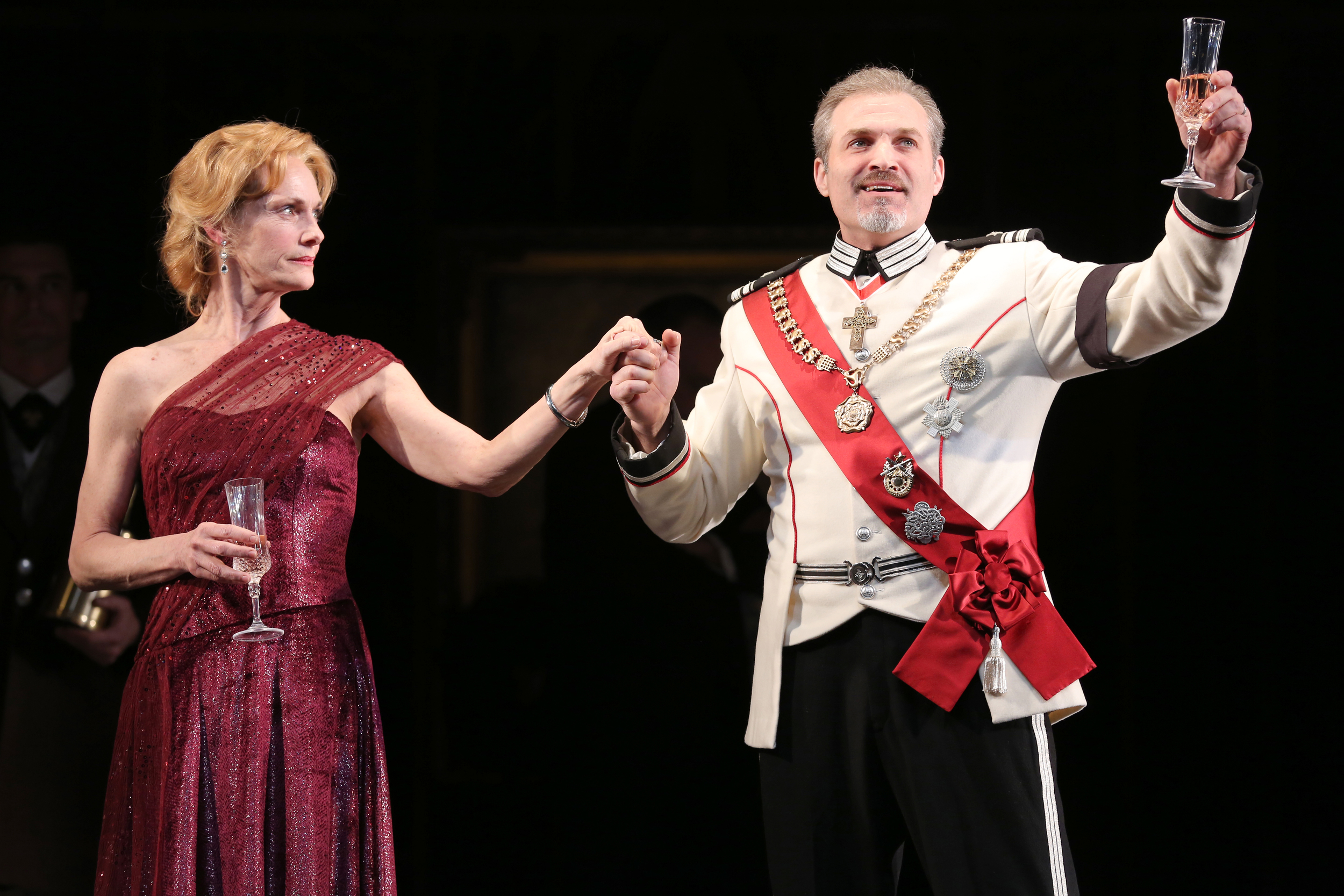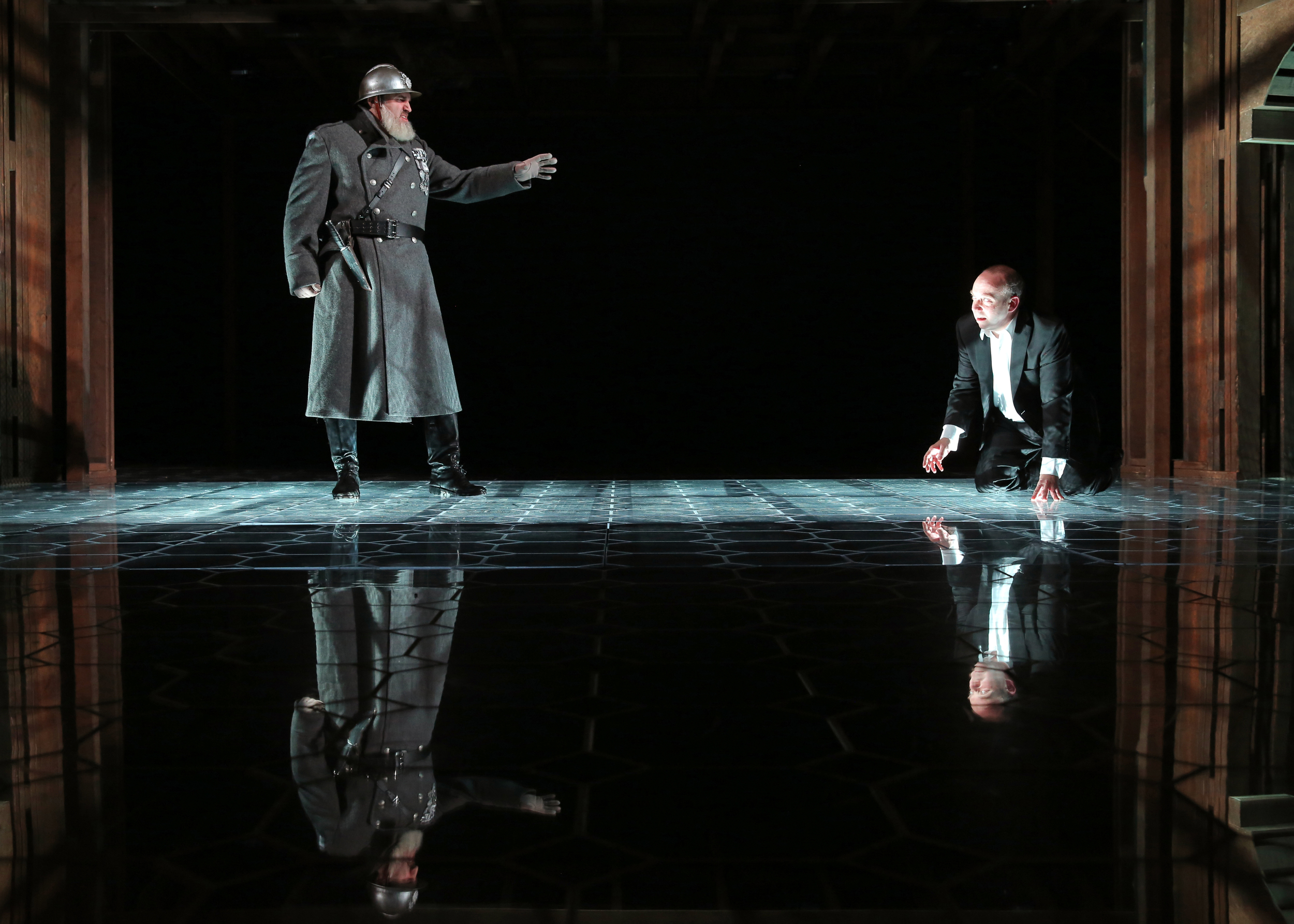Stephen Millhauser: “Eisenheim the Illusionist” (1998) In creative writing courses, you’re inevitably told a golden rule of good fiction-writing: show, don’t tell. Don’t tell us that a character is greedy. Instead, show him acting in a greedy way, and allow the audience to understand this characteristic. But rules are meant to be broken, and a whole subsection of stories are written in the oral, story-telling tradition. We’ve already encountered a few of them over the course of this short story playlist: Mark Twain’s “Jumping Frog” story comes to mind, in which Twain employs a first-person narrator to retell the story told to him by a character in the story—a layer cake of narration. Other authors employ a manner that is meant to be read as an historical account. Stephen Millhauser’s “Eisenheim” story is one of the latter: a fantastic tale told with a sense of both objective reporting and the hearsay of legend. Where the staid creative writing professor might urge Millhauser to involve us in Eisenheim’s life and thoughts and actions, the story as told gives an external, reportorial view of the events.
In contemporary times, we have grown accustomed, perhaps, to stories that aim for the immediacy of film: a little scene-setting, then tell what happens, with as much neutrality as possible. Millhauser adopts a more antiquated style to mimic the time—late nineteenth-century Vienna, mostly—where the story takes place. The best contemporary stories carry their audience away to another world, with the reader forgetting the teller as they follow the action. Older stories tended to be more narrated, creating an implied author that stands for the veracity of the tale. Millhauser exploits this device to recreate as much as possible the outlook of the times his characters live in.
Eisenheim is ostensibly the greatest stage magician of his time. His tricks are so amazing and inexplicable that he is thought to have real magical powers. The narrator tells us that he has pieced together as much as he could of the life and strange end of Eisenheim, based on newspaper reports, interviews with witnesses, and whatever tidbits he could find. Because of this hybrid story-teller/pseudo-journalistic style, nothing in Eisenheim’s story is directly dramatized. There is no dialogue, direct or indirect, and no effort to inhabit the minds of the characters. There is enough detail to carry us away to a foreign place and time, as Millhauser effectively suggests a parallel between the disintegration of the Hapsburg Empire and the rising interest in stage magic, séances, and the paranormal within it.
Millhauser made a choice. He could have dramatized the story of the rise of Eisenheim, the leading illusionist of fin-de-siècle Vienna and beyond. Instead he uses the report format, which takes some of the dramatic kick out of what he tells. We are given a play-by-play explanation of some of Eisenheim’s magic tricks, including the mechanism of how some (but not all) of them worked. This sucks the magic right out of the magic tricks. It is more clinical, and less wizardly, to be told that Eisenheim did this, that, and the other thing, and that the crowd was amazed. Would it not have been better to show the trick, in detail, as if we were viewing it, and then we could share the crowd’s awe?
Perhaps, but since the theoretical backdrop to the story explores the fascination with the supernatural within the hyper-bureaucratic, pragmatic, and crumbling Hapsburg Empire, the intention is to separate us from Eisenheim’s contemporaries, not to make us a part of their world. While this trick may “work”—like one of Eisenheim’s illusions—to create an engaging story, the narration seems a bit dryer than I might have liked, a bit too detached and clinical. It wasn’t quite a tale told by a bard before a blazing fire, nor a piece of twentieth-century sharpened prose, but rather a somewhat dated, if interesting, report on a pseudo-historical personage. I guess I liked the story, the character of Eisenheim, and the striking way he engineered his end, foiling Walter Uhl, the intriguing policeman and amateur magician who tries to arrest him when his mix of reality and illusion is deemed too subversive, better than the way the story was told. I actually found myself wishing that the Pulitzer-prize-winning Millhauser had written a novel about Eisenheim, to fully inhabit the world he only suggests here, especially with regard to the possibly fascinating figure of Uhl, about whom we learn too little.
There is a wonderful core to Millhauser’s story, but more could be done with it. Neil Berger must have felt the same way. His film The Illusionist (2006) is based on Millhauser’s story but adds much more plot. The film is not better, but the character of Uhl (a great performance by Paul Giamatti) is satisfyingly fleshed-out, and a love interest for Eisenheim takes a passing detail in Millhauser’s story and makes it into an exciting subplot involving the Crown Prince. It is worth reading the story first, and then seeing the film on the same evening, to consider whether what the film-maker did to expand the story was a) beneficial, b) matched what you might choose to do, if you were tasked with expanding the story, c) even necessary, for I’m sure many will find the story quite sufficient. I liked it very much, but, like a creative writing teacher, I wanted more showing, less telling.





